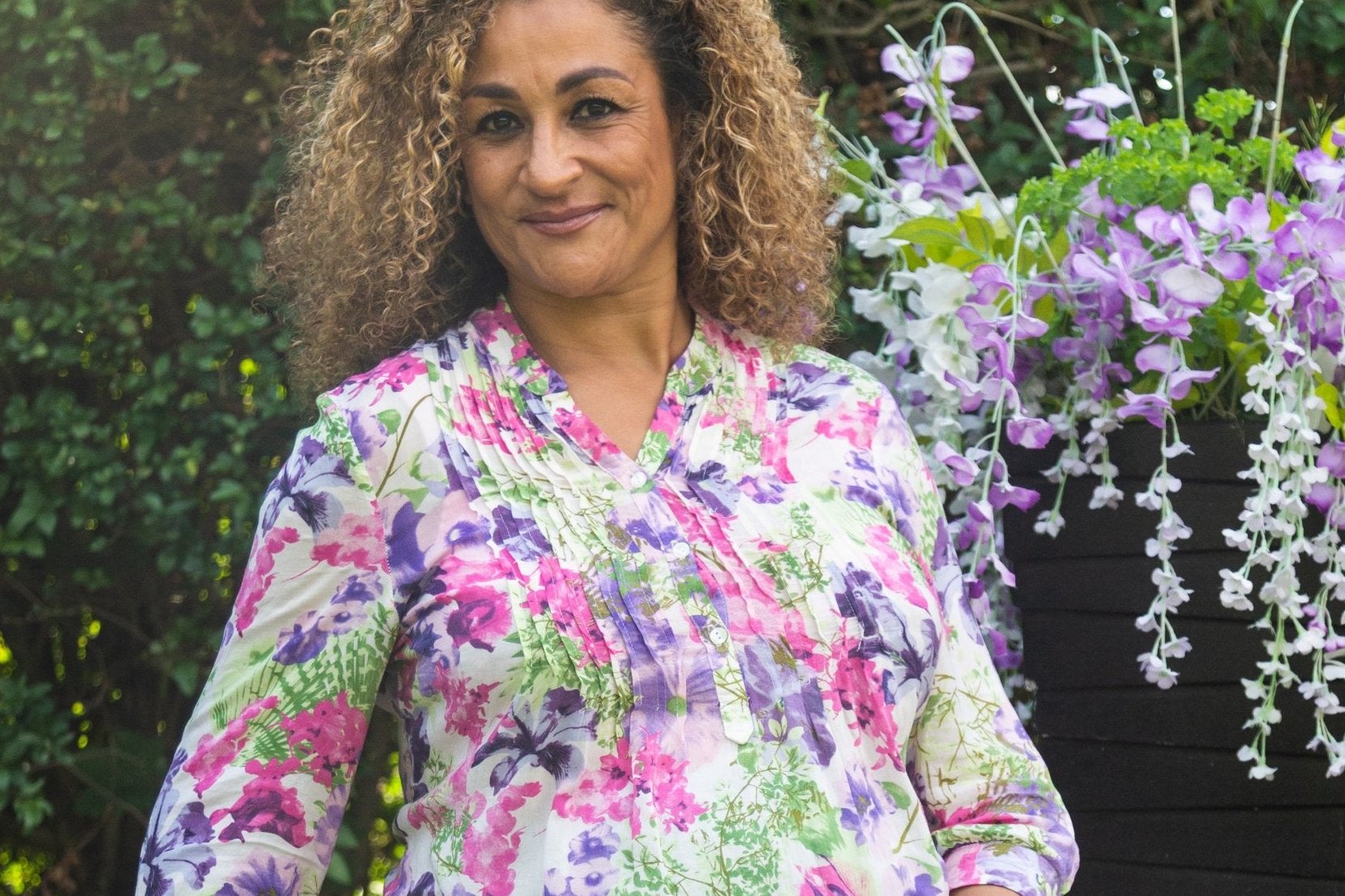Why the outrage over a 50-year-old woman having quadruplets? The only scandal is that she couldn't get IVF on the NHS
No wonder women like Tracey Britten opt to travel abroad, where clinics offer cheaper treatment and have less stringent regulations. The NHS has to shoulder the cost of the kids eventually anyway – why not offer it all in the UK?


At 50, Tracey Britten has become the UK’s oldest mother of quads – she’s hoping to bring her three new daughters and son home in time for her 51st birthday next month. Instead of celebrating this remarkable achievement, social media is full of snotty condemnation. The reason? It took a team of 35 NHS staff to deliver Tracey’s babies by caesarean section at a London hospital, at a time when OAPs can’t get a flu jab and even essential operations like joint replacements are being cancelled. The NHS seems to be at breaking point, so should older mums who go abroad for IVF treatment and then return home to give birth at the health service’s expense be penalised?
You can see why people might find Tracey’s choices a bit hard to understand. She’s already got three children, aged 22, 31 and 32 by her first marriage, and has eight grandchildren. She doesn’t live with her second husband, so caring for these newborns is going to be a challenge. But I am sure Tracey will rise to the occasion, as many other mothers do every day.
The NHS rations IVF in a most unfair way. If you’re under 40, and meet the criteria, you are eligible for three attempts. But women aged 40 to 42 are only eligible for one cycle, and that’s if they’ve been trying to get pregnant for two years and had 12 unsuccessful attempts at artificial insemination.
On top of this, some CCGs – clinical commissioning groups – only offer IVF if a woman has no children, if she’s the right weight, doesn’t smoke, and if tests prove she does not have a poor supply of eggs. The barriers an older woman has to overcome to conceive depend on where she lives as well: IVF on the NHS is a postcode lottery. NICE, the National Institute for Health and Care Excellence, imposes no upper age limit, but few women over 45 will be considered in practice.
All of this seems extremely unfair. It’s not as if the UK is overpopulated, far from it – the birth rate in England and Wales has recently fallen to a 14-year low.
Women want to have children later in life, to get their careers started, and to organise a home. They may have divorced and want to start a family with a new partner. Middle-aged women are often fitter and more health-conscious than their younger counterparts these days, so why not?

The trend towards having babies at a more advanced age is astonishing: the number of births to women over 40 has shot up to the highest level since the end of the last war – the year I was born, 1946. The NICE guidelines on rationing IVF and the way they are being interpreted by NHS providers seem to go against social trends, and fail to provide what modern women want.
These petty restrictions turn out short-sighted, and have resulted in thousands of older women spending huge sums of money on private treatment. In the UK that can cost from £5,000 per attempt, with extras added on. On the Mumsnet website, one woman reckoned her successful round of IVF ended up costing £13,000.
There are plenty of stories of couples remortgaging their homes and running into debt as they try to start a family in their 40s. No wonder then, that women like Tracey Britten opt to travel abroad – she went to Cyprus – where clinics offer cheaper treatment and have less stringent regulations.
In the UK, if older women are using another woman’s fertilised egg, only one would normally be implanted, but if her own are being used – which may be less fertile – two would normally be transferred. If a woman is completely desperate to get pregnant and has incurred more costs travelling to a foreign country, what is stopping her having four or more embryos transplanted to increase her chance of success?
In situations like that, the NHS will usually end up sorting out the complications of a multiple birth to an older woman, with all the related heavy staffing and cost implications. Would it not have been better for the NHS to offer IVF to more women, and control the number of embryos and monitor their progress? Surely that would be more cost-effective?
There’s a nasty trend – in some quarters – of denigrating older mums, which is completely mystifying. All around the world, women of 50 and older are having children, simply because medical advances have made it possible and because they love babies. What’s wrong with that? We never trash older dads, and the same advances have meant many older men – gay and straight – are having babies using surrogates. Why should one kind of older parent be more acceptable than another?
I am happy for any older woman to have a baby because it’s not something that’s been on my agenda. They can keep the birth rate up on my behalf, and I salute their courage and determination.
Join our commenting forum
Join thought-provoking conversations, follow other Independent readers and see their replies
Comments
Bookmark popover
Removed from bookmarks